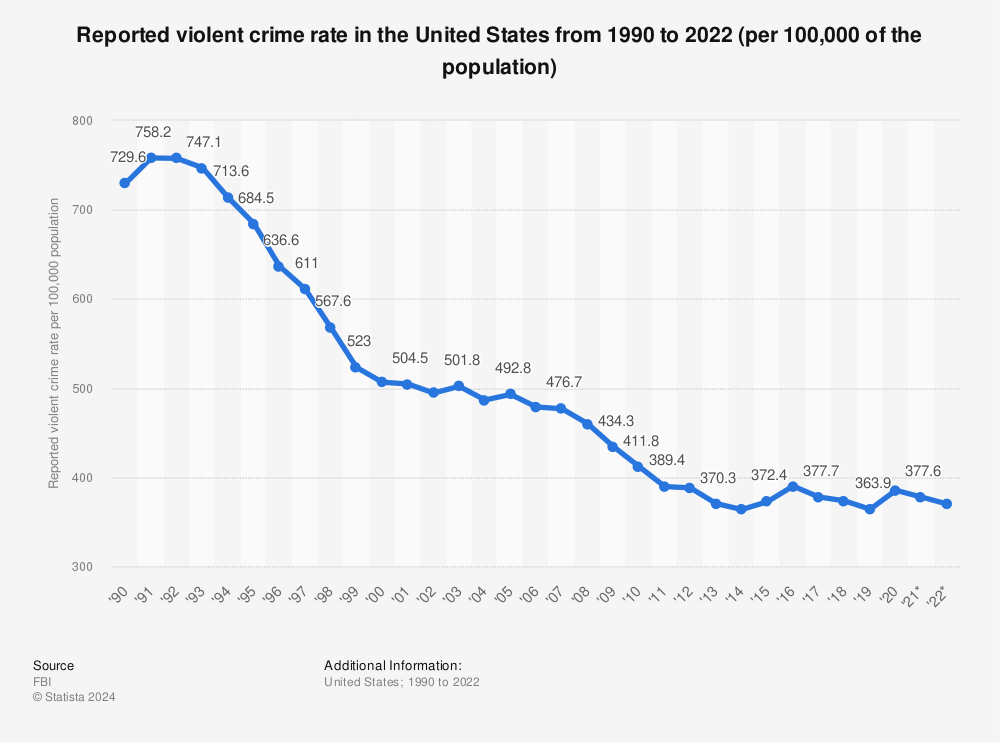The Camden example is getting a little overused . Camden has just 77,000 people living within their city, and a lot of the reduction in crime is more attributed to economic zone initiates they put in place to bring investment and jobs into the city.
Why does a PD assuming a large amount of a city's budget surprise you? What else are cities blowing money on that outweighs the need to provide public safety?
Police arent the only thing that provides public safety. If that were the case, then the most policed neighborhoods would be the safest, when in reality it is almost the direct opposite. Providing different kinds of social services, mental health treatment, you mentioned jobs which certainly helps, etc etc, can also assist in public safety.
In your first paragraph you said that reduction in crime in Camden was aided in part to bringing investment into the city, which is obviously an argument that things of that nature assist in public safety.
